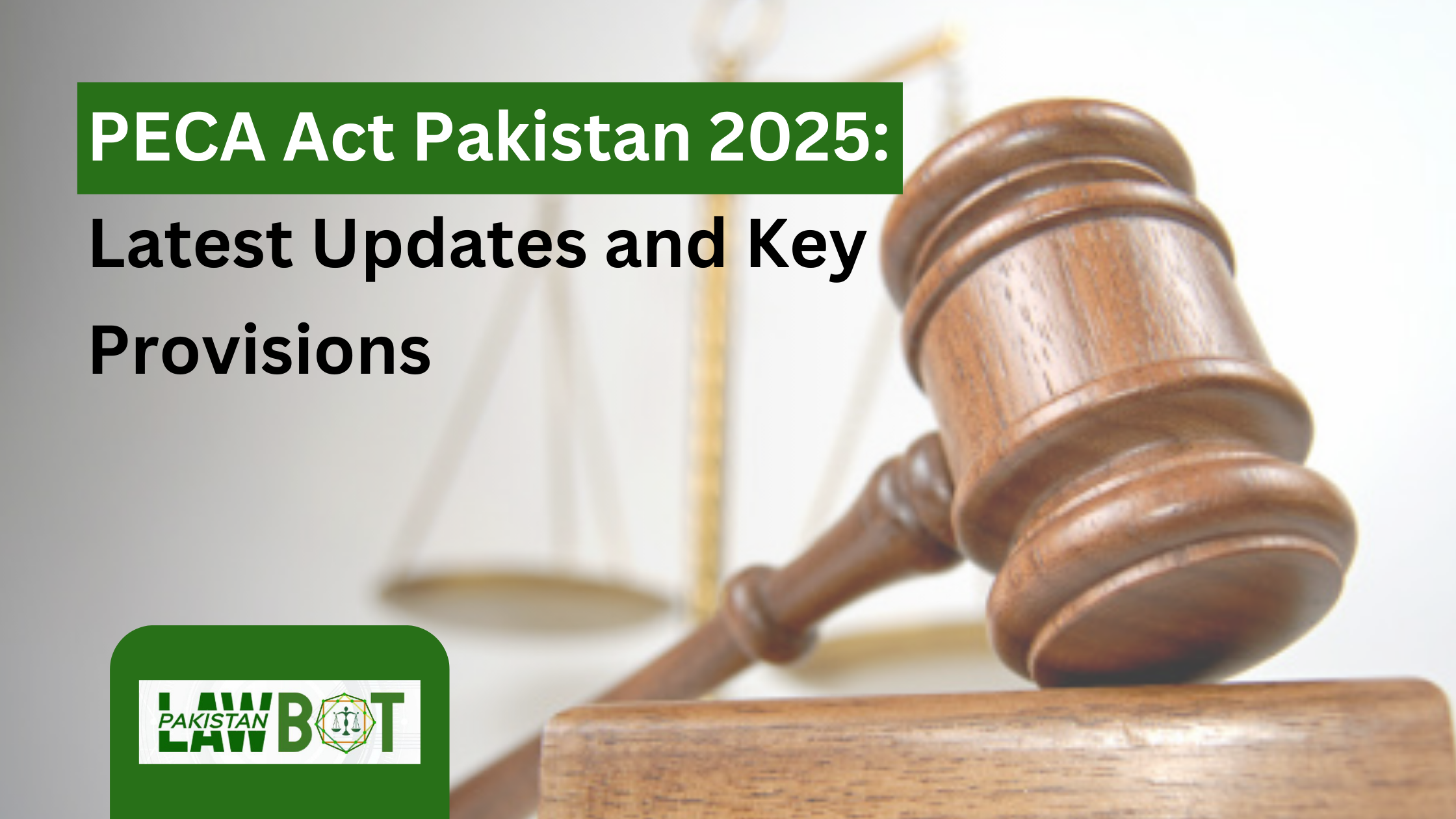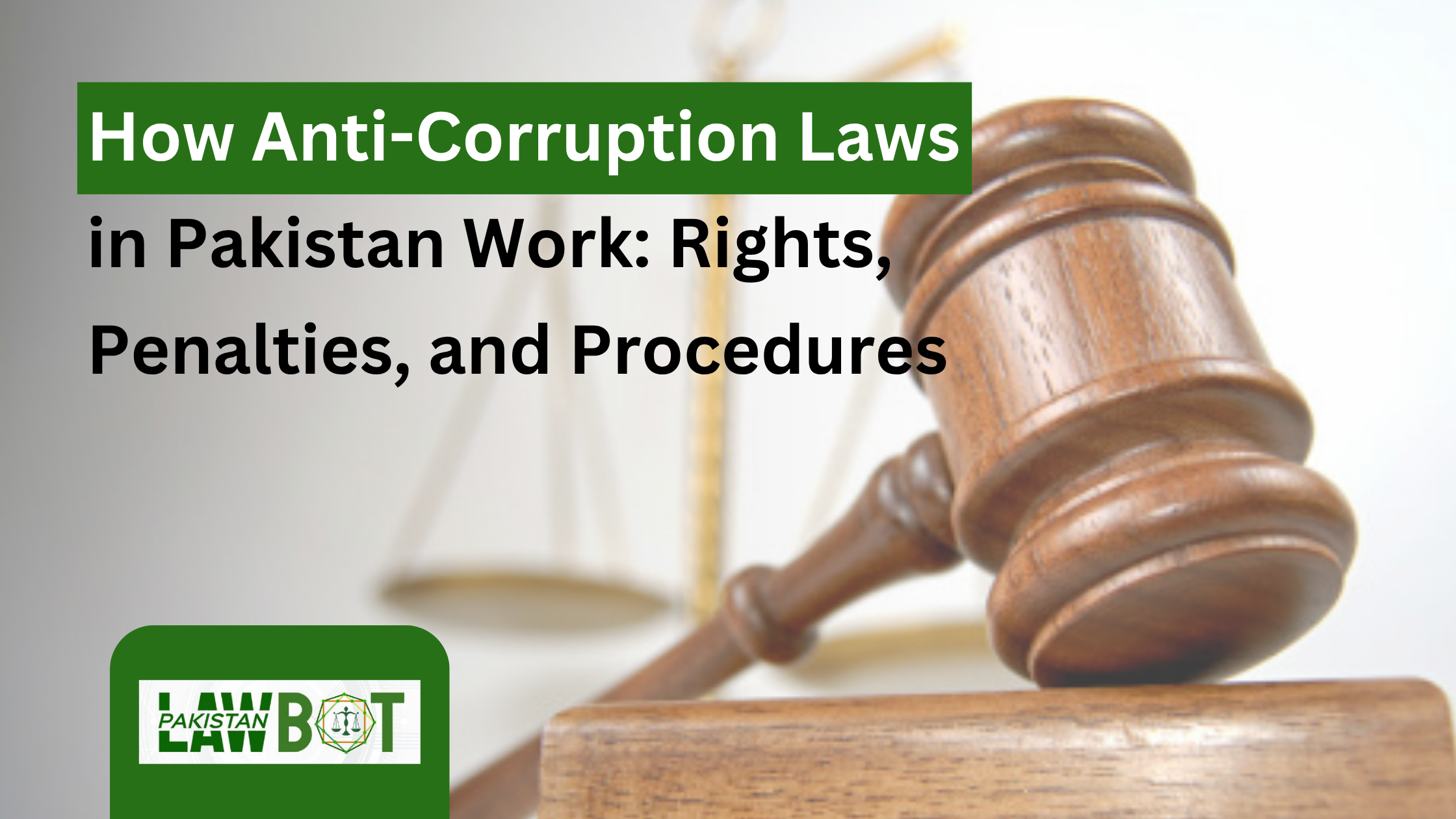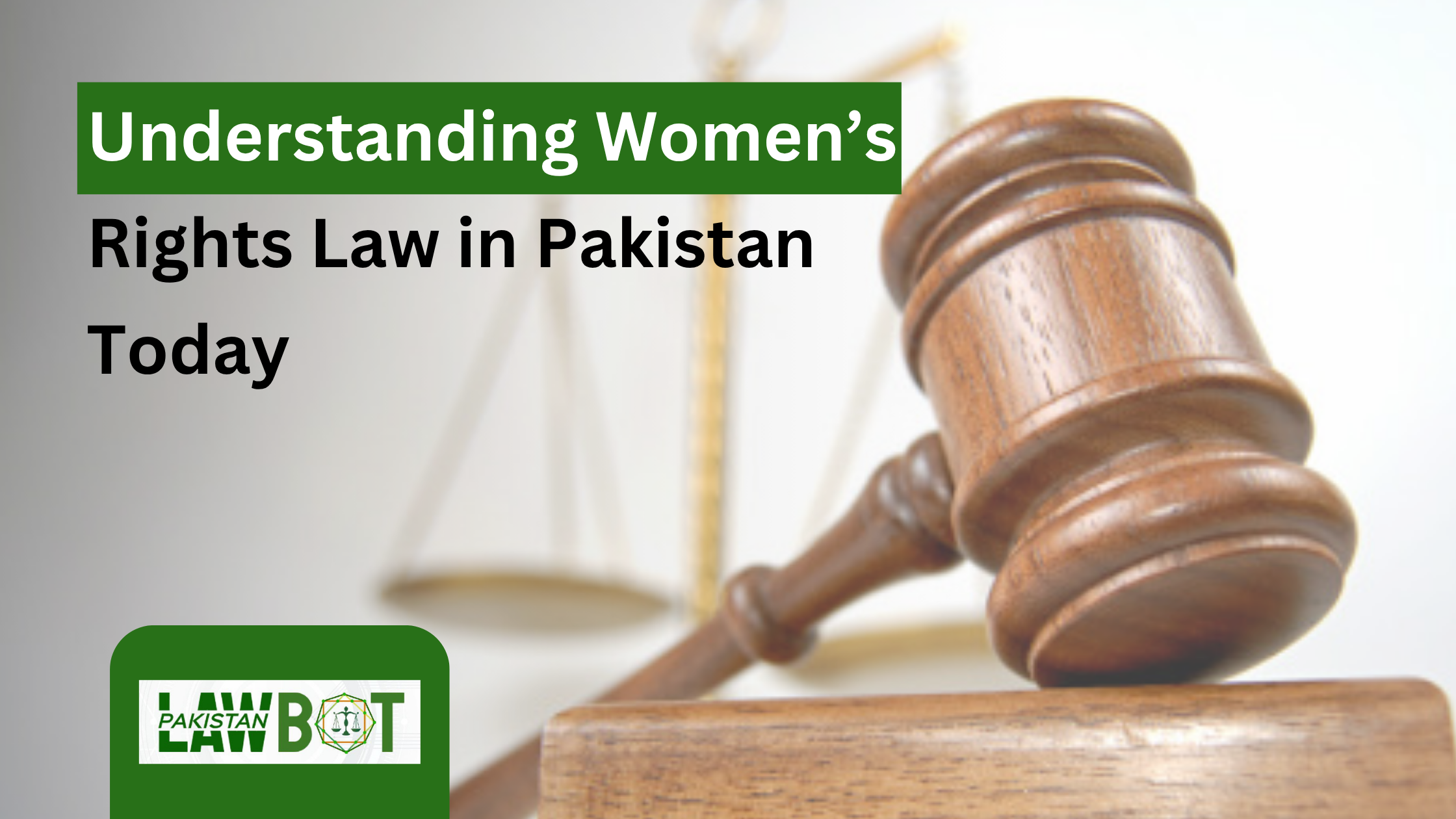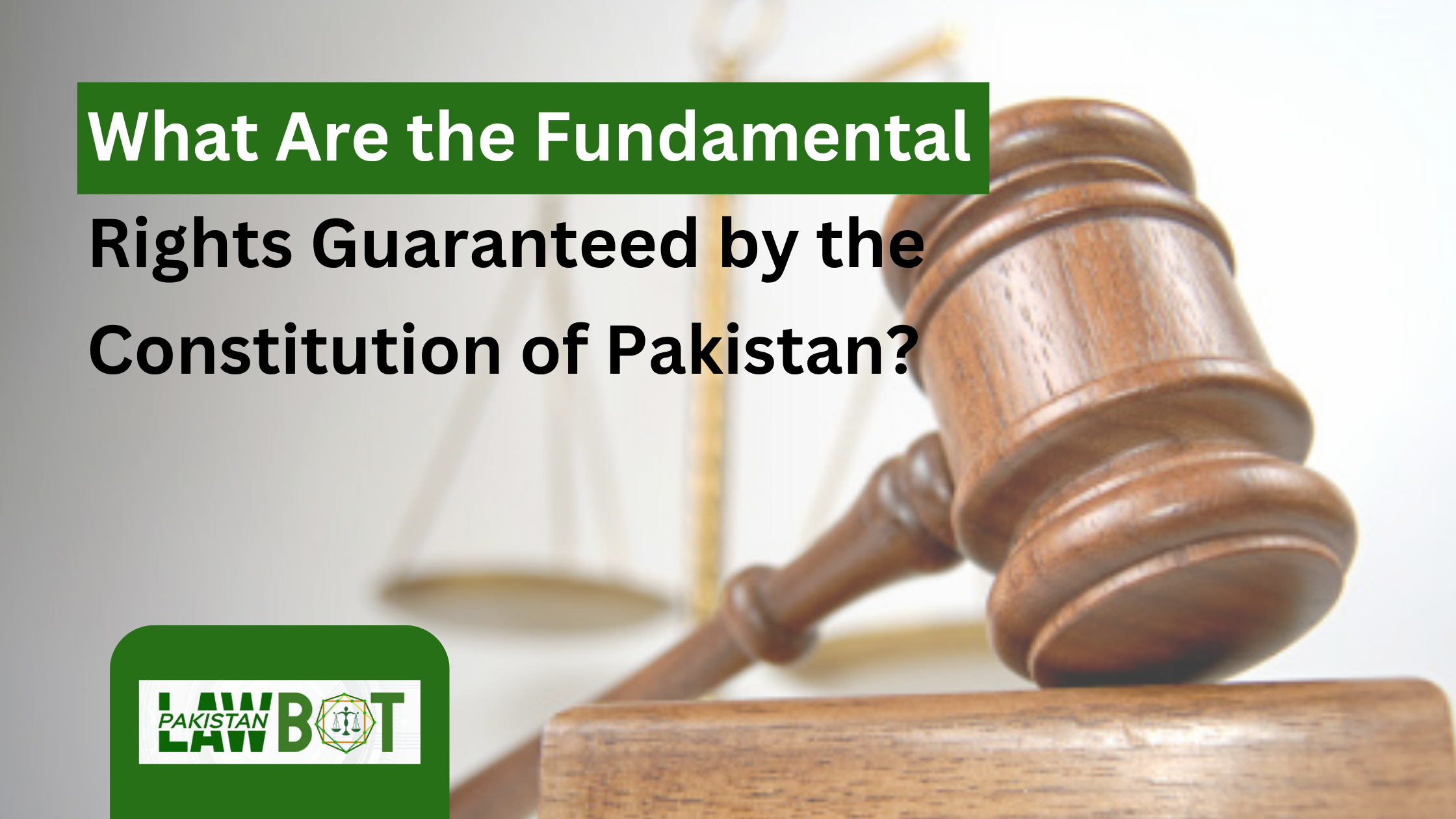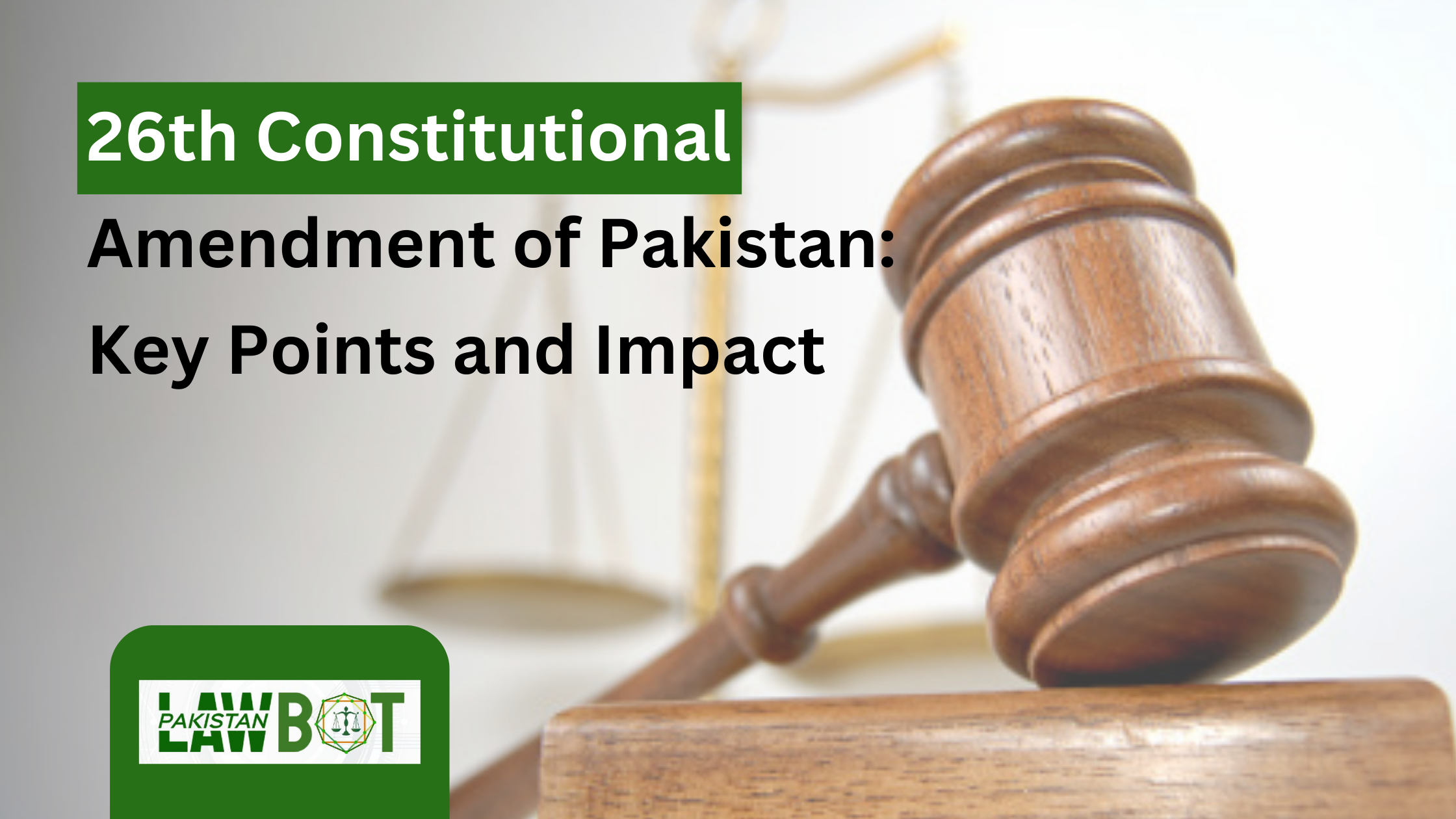The Prevention of Electronic Crimes Act (PECA) has been Pakistan’s central cybercrime law since 2016. In 2025, major amendments reshaped its scope, enforcement, and regulation of online content. These updates have sparked debate among lawmakers, journalists, and digital rights advocates.
Background: From 2016 to 2025
PECA 2016 originally targeted crimes like hacking, identity theft, and cyber-fraud. Over the years, critics have argued it was used to silence journalists and curb free speech.
In January 2025, Parliament passed the PECA Amendment Act 2025. Supporters say it will fight misinformation. Opponents call it a tool for censorship.
New Institutions under PECA 2025
Social Media Protection and Regulatory Authority (SMPRA)
The new SMPRA is a powerful body. It can register social media platforms, order content removal, and even suspend services.
It will also set complaint procedures for users and supervise compliance. SMPRA has government officials and experts as members.
Social Media Complaint Council
This council will hear user complaints. It includes IT specialists, lawyers, and media experts.
Citizens can approach the council if they feel their content was unfairly blocked.
Social Media Protection Tribunal
If SMPRA’s decisions are challenged, appeals go to this tribunal. A High Court judge, a journalist, and a software engineer are part of it.
Cases must be decided within 90 days, which is meant to ensure quick justice.
National Cyber Crime Investigation Agency (NCCIA)
The FIA’s Cyber Crime Wing is replaced by the NCCIA. This new agency investigates online crimes.
It has broader powers, including forensic analysis and coordination with other agencies.
Key Provisions of the 2025 Amendment
Section 26A: Criminalizing False Information
A new section, 26A, makes spreading “false or fake information” a punishable crime.
If content creates fear, panic, or unrest, offenders face up to three years in jail or a fine of PKR 2 million.
Critics say the law is vague. What counts as “false” is not clearly defined.
Expanded Definitions
The law widens the meaning of “unlawful” or “offensive” content.
This now covers defamation, hate speech, aspersions against state institutions, and content against the ideology of Pakistan.
The term “social media platform” also includes messaging apps and websites.
Blocking and Takedowns
SMPRA can order platforms to remove content within 24 hours. Non-compliance may lead to fines or suspension.
Platforms must create systems to handle user complaints and follow SMPRA guidelines.
Concerns and Criticism
Threats to Free Speech
Rights groups like Amnesty and HRW warn that the amendment threatens freedom of expression.
They argue that journalists and critics may self-censor to avoid punishment.
Vague and Overbroad Powers
Terms like “false information” and “aspersions” are unclear.
Authorities could misuse these definitions to silence dissent.
Independence Issues
SMPRA, councils, and tribunals are government-controlled.
Critics fear these bodies may favor state interests instead of protecting citizens.
Digital Authoritarianism
Analysts note that the law resembles strict internet controls in countries like China and Turkey.
Instead of balancing freedom and security, it risks giving the state unchecked power.
Implications of PECA 2025
For Citizens
Ordinary users must think twice before sharing unverified news.
Even jokes, memes, or opinions might be labeled “false information.”
For Journalists
Media houses face greater risks. Reporting on sensitive topics could invite cases under Section 26A.
Editorial reviews and legal checks will become routine for newsrooms.
For Social Media Companies
Platforms must register with SMPRA and comply with takedown orders.
Failure to do so could lead to suspension or hefty fines.
For Law Enforcement
NCCIA will see a higher workload. More cybercrime cases will enter courts.
This expansion raises concerns about surveillance and user privacy.
How to Stay Safe Under PECA 2025
-
Verify information before sharing online.
-
Keep records of sources when publishing news or opinions.
-
Use complaint channels if content is unfairly removed.
-
Be aware of your right to appeal SMPRA decisions.
-
Journalists should seek legal advice before publishing sensitive stories.
-
Platforms should build transparent moderation systems.
Conclusion
The PECA Amendment Act 2025 represents a major shift in Pakistan’s digital law. It introduces new authorities, harsher penalties, and broader content regulation.
The government claims it will curb fake news and improve online safety. But critics warn it could suppress free speech and tighten state control over digital spaces.
The future of PECA 2025 depends on how fairly and transparently it is enforced. For now, citizens, media, and platforms must tread carefully while pushing for reforms that balance security with fundamental freedoms.

